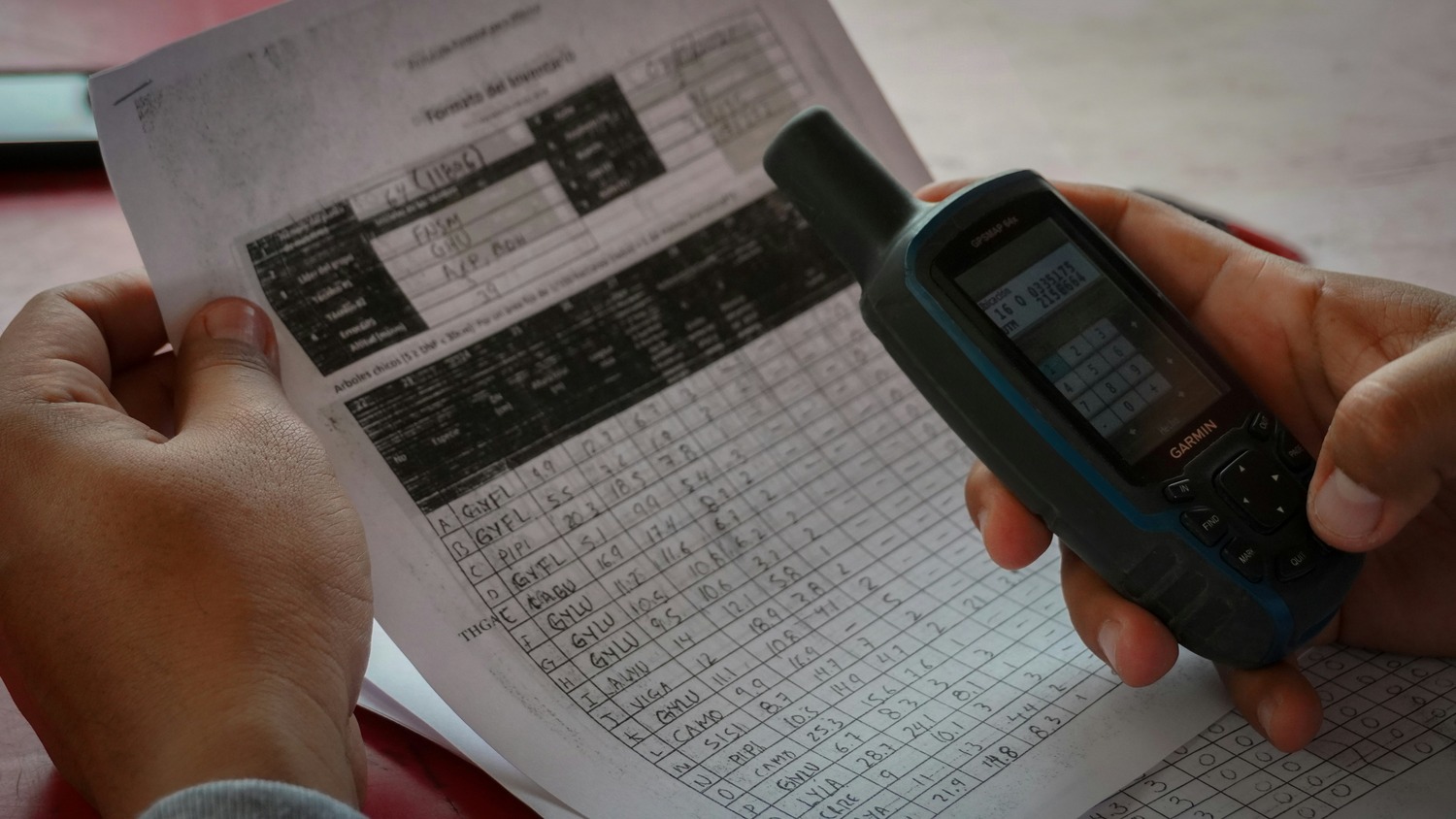Data forensics has multiple uses and is a vital investigative tool. It can be used in situations such as corporate fraud cases, uncovering workplace misconduct, or even supporting criminal investigations.
In this article, we’ll explain what data forensics is, how it works, and why it matters.
What is Data Forensics?
Data forensics, also known as digital forensics, is the process of identifying, recovering, and analysing data from electronic devices in a way that preserves its integrity for legal or investigative use.
Unlike everyday IT troubleshooting or data recovery, forensic analysis follows strict protocols so the information can be presented as reliable evidence in court or during an investigation.
Common sources of data include:
- Computers, laptops, and servers
- Mobile phones and tablets
- Hard drives and USB devices
- Cloud storage platforms
- Emails, instant messaging apps, and social media
- CCTV footage and security system logs
- Financial and credit card transactions
Why is Data Forensics So Important?
Data is now one of the most powerful forms of evidence. With the right expertise, investigators may be able to piece together timelines, verify communications, and even recover deleted files that prove critical in a case.
Some of the main uses include:
- Corporate Investigations: uncovering employee misconduct, fraud, or intellectual property theft.
- Legal Disputes: providing reliable evidence in civil or criminal cases.
- Cybercrime Investigations: tracking hacking attempts, phishing schemes, or online harassment.
- Personal Cases: supporting matters like family disputes, stalking, or infidelity investigations.
How It Works
Data forensics is a structured, step-by-step process. Each stage ensures evidence remains secure and accurate.
|
Step |
What Happens |
Why It Matters |
|
Identification |
Locating potential sources of data (devices, storage, accounts) |
Ensures no key evidence is overlooked |
|
Preservation |
Securing the data without altering it |
Protects the evidence from being corrupted or challenged in court |
|
Collection |
Extracting the data using specialist tools |
Maintains a clear chain of custody |
|
Analysis |
Examining files, communications, and metadata |
Reveals apparent or deleted information |
|
Reporting |
Presenting findings in a clear format |
Provides actionable evidence for legal, corporate or personal use |
Different Kinds of Data Forensics
Data forensics is a broad field that covers many specialised areas. Depending on the case, investigators may use one or more of these techniques:
Computer & Mobile Device Forensics
The most common form of data forensics, computer forensics involves analysing computers, smartphones, tablets, and other storage devices. Investigators can attempt to recover deleted files from hard drives, analyse system logs, and trace malware or unauthorised access.
Digital Forensics
Digital forensics is a broader term and covers a wide scope of electronic data, including emails, messaging apps, internet browsing history, and cloud accounts. It captures not only data on devices but also evidence stored and transmitted online, which investigators use to try to trace communications, verify records, and recover deleted or hidden files. It’s particularly valuable in cases of cybercrime, workplace misconduct, and personal disputes.
Forensic Audio Analysis
Audio forensics focuses on recorded conversations and sounds. Specialists use advanced programs and tools to attempt to enhance poor-quality recordings and detect any signs of audio editing or tampering. This type of analysis is often used in criminal investigations, workplace disputes, and personal cases where verbal communication is a key piece of evidence.
Forensic Video Analysis
Media and video forensics involves the analysis of a digital video file or files. Usually, the purpose of the analysis is to determine whether a video has been edited or to endeavour to clear up or enhance the recording. This can be for court purposes or simply for peace of mind.
Handwriting Analysis Forensics
Handwriting analysis forensics often complements data forensics. Experts examine signatures, handwriting style, and written documents to verify authenticity or detect forgery. This can be crucial in fraud cases, will disputes, and other matters where written evidence is relevant.

Data Forensics vs Data Recovery
Many people (understandably) confuse data forensics with data recovery. While both involve retrieving information, they serve very different purposes.
Data Recovery focuses on getting lost or damaged files back (for example, if your hard drive crashes). Data Forensics goes further by ensuring the retrieved information is legally sound, verifiable, and can withstand scrutiny in a courtroom or corporate investigation if necessary.
When Should You Consider Data Forensics?
You don’t necessarily need to be dealing with a major crime to consider data forensics. Some common situations include:
- A business suspects insider fraud or theft.
- An employer needs to verify workplace misconduct.
- A lawyer requires evidence for litigation.
- An individual wants clarity in a personal dispute.
If you’re dealing with sensitive information, hiring professionals ensures the evidence is collected legally and appropriately. That’s where our team of private investigators in Sydney comes in.
Speak to Lyonswood About Data Forensics
When evidence matters, you can’t afford to rely on guesswork. At Lyonswood, we’re experienced in conducting private investigations in Sydney with strong expertise in data forensics that stands up to scrutiny, whether you’re dealing with corporate fraud, cybercrime, or a sensitive personal matter.
Our licensed investigators use proven forensic techniques to recover, analyse, and verify electronic data while maintaining strict legal integrity. We work discreetly, efficiently, and with complete transparency, so you get answers you can trust.
Get in touch with Lyonswood today, and we’ll help you uncover the truth.





